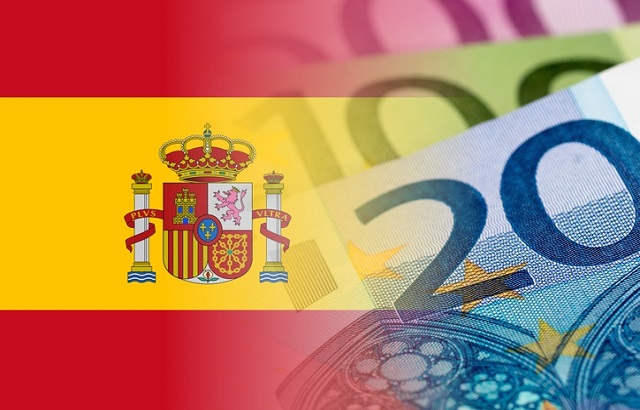Over the last few years, golden visa schemes have come under vast scrutiny which has led to many countries to think about axing them.
Recently, local media reports said that the Spanish government is considering either raising the minimum real estate investment to €1m (£870,000, €1.1m) required to obtain the ‘golden visa’ or abolishing the programme.
This would be following in the footsteps of Portugal and Ireland as both countries announced in 2022 that they would be scrapping their schemes.
John Westwood, chairman of Blacktower, said: “The extent to which golden visa programmes are responsible for native inhabitants of a country enduring spiralling costs is debatable. Regardless, these schemes have been getting a lot of press attention this year. While golden visas have been incredibly popular for years among expats looking for a new home, it seems likely their time is ending. This should not dissuade those looking to relocate to Spain and other countries around the world, however.
“A move to Europe can still be very beneficial from both a personal and financial perspective, and despite the scaling back of golden visas there is no sign European countries are looking to dissuade immigrants entirely. Quite the opposite – they’re still very keen to attract foreigners who can bolster their economy.”
Kevin Cassar, regional manager for Balearic Islands and Malta at Chase Buchanan Wealth Management, said: “Greater emphasis could be better placed on substance, minimum tax contributions and direct investments in the economy that create jobs for the locals.
“A more holistic review could be carried out, it’s no hidden secret there are specific sectors in need of talent and expertise from non-EU nationals so pulling the plug can be counter-productive.”
Housing
To be eligible for the Spanish golden visa, investors currently need to either:
- Purchase real estate in Spain worth at least €500,000. The real estate can be one single unit or several, with an overall worth of no less than €500,000;
- Make an investment in the Spanish public debt of at least €2m;
- Buy shares in a company or make a deposit in a Spanish bank of at least €1m; or
- Invest in a new business that will offer employment opportunities, contribute to scientific and/or technological innovation and have a relevant socio-economic impact in the area where the business will be undertaken.
In the debate to increase the real estate requirements of the golden visa, Spanish politicians said that golden visas encourage “speculation” in housing prices, do not benefit the national economy and “expel the local population”, generating a “very negative” chain effect on the housing market.
Jason Porter, business development director at Blevins Franks, said: “The preferred golden visa investment by far is real estate, as you are covering two bases with one capital sum – the required minimum investment and somewhere you can stay whenever you are in Spain.
“But there is an argument to say it distorts the local market, with perhaps a preponderance of property built in that price range to the detriment of others and can also push up valuations generally in favoured locations.
“Pushing up the minimum investment to €1m might move any real estate market distortion to just another albeit higher pinch-point.”
EU crackdown
The negativity surrounding golden visas comes a year after members of the European Parliament (MEPs) overwhelmingly decided to demand a ban on the schemes.
The vote – which saw 595 in favour, 12 against and 74 abstentions – followed commitments by the European Commission, France, Italy, Germany, the UK, Canada and the US to limit wealthy Russians with links to the government from accessing golden passports.
The European Parliament deemed citizenship-by-investment schemes as “objectionable from an ethical, legal and economic point of view and pose several serious security risks”.
Recently, the Spanish government put the number of golden visas issued between 2013 and 2022 at 4,940. The government stated that 45% of these visas were issued to Chinese citizens, a total of 2,263. Investors from Russia accounted for 19.6%, with 969 visas. The government also highlighted the visas issued to Ukrainian nationals, who obtained 2.7% of the permits, with a total of 136.
David Vacani, principal at Beacon Global Wealth Management, said: “In line with the rest of Europe, we are seeing golden visas being harder and harder to obtain or withdrawn altogether in various jurisdictions.
“However, there are many ways to properly settle in the country of choice for people and it is vital that people have experienced and connected advisers by their side to help the process. Generally, we are seeing that the EU is making it much harder for people to just turn up and stay in a country for a while.
“We see this as a good thing as people who are driven by other factors such as cost of living, lifestyle and security have all really thought about their decision and will be long-term residents and contribute to their country of choice and economy as desired. This is a trend that we are seeing in a number of favoured countries now.”








